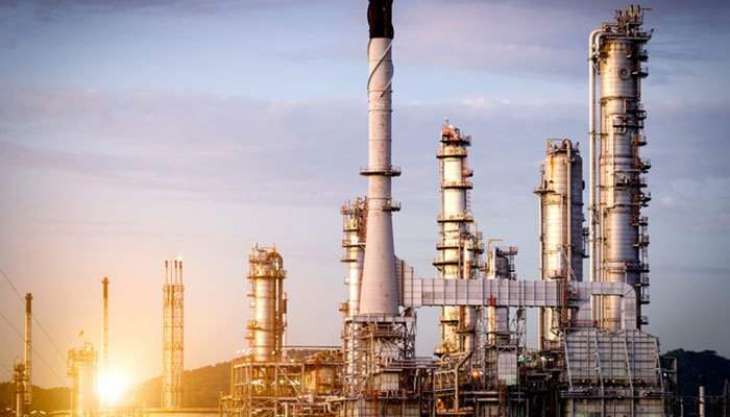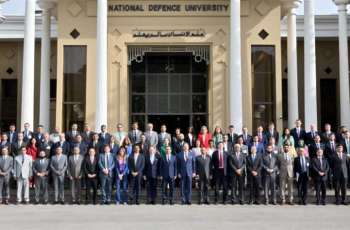Senate Functional Committee on Human Rights has discussed the issue of ecological and aquatic effects of oil refineries working in the country and government's policy to overcome the said issues
Islamabad (Pakistan Point News / Online - 30th December, 2019) Senate Functional Committee on Human Rights has discussed the issue of ecological and aquatic effects of oil refineries working in the country and government's policy to overcome the said issues.The meeting was held under the chairmanship of Senator Mustafa Nawaz Khokhar at the Parliament House on Monday. Ministries of climate change, petroleum, provincial environment and transport departments and representatives of oil refineries briefed the committee.
The committee was told that according to reports around 128,000 deaths occur annually directly or indirectly due to climate change and children being weak in fighting organ diseases are the most effected ones. 43% pollution in Pakistan is due to low grade oil being imported and used by transport industry followed by energy sector. In Pakistan Euro-2 standard is applied while the world has gone to Euro-6 technology.It is informed in the meeting that almost 9 % of our GDP is affected due to climate change sue to low yields, more expenditure on health.
There needs to be strong coordination between federation and provinces and the standards should be uniform nationwide. Country's five oil refineries are still primitive and at infancy stage, our oil has high magnesium and sulphur contents which are hazardous to health.The last refining sector policy came in 1997 and since then no upgraded framework has emerged, however, the ministry has from time to time issued regulations and directives to the refineries regarding up gradation in technology and usage.
It was also pointed out that going to Euro-4 or Euro-5 would be counter-productive unless our vehicles are also upgraded and fit with regular inspections. Tail end emissions as well as fuel quality need to be considered simultaneously.The Committee directed all the relevant departments to bring to the committee written responses and recommendations on the issue so that informed discussions can be held and subsequent actions in respect of legislation and policy can be proposed.
The Committee was told that according to reports around 128,000 deaths occur annually directly or indirectly due to climate change and children being weak in fighting organ diseases are the most effected ones. 43% pollution in Pakistan is due to low grade oil being imported and used by transport industry followed by energy sector. In Pakistan Euro-2 standard is applied while the world has gone to Euro-6 technology.Almost 9 % of our GDP is affected due to climate change sue to low yields, more expenditure on health.
There needs to be strong coordination between federation and provinces and the standards should be uniform nationwide. Country's five oil refineries are still primitive and at infancy stage, our oil has high magnesium and sulphur contents which are hazardous to health.The last refining sector policy came in 1997 and since then no upgraded framework has emerged, however, the ministry has from time to time issued regulations and directives to the refineries regarding up gradation in technology and usage.
It was also pointed out that going to Euro-4 or Euro-5 would be counter-productive unless our vehicles are also upgraded and fit with regular inspections. Tail end emissions as well as fuel quality need to be considered simultaneously.The Committee directed all the relevant departments to bring to the committee written responses and recommendations on the issue so that informed discussions can be held and subsequent actions in respect of legislation and policy can be proposed.





